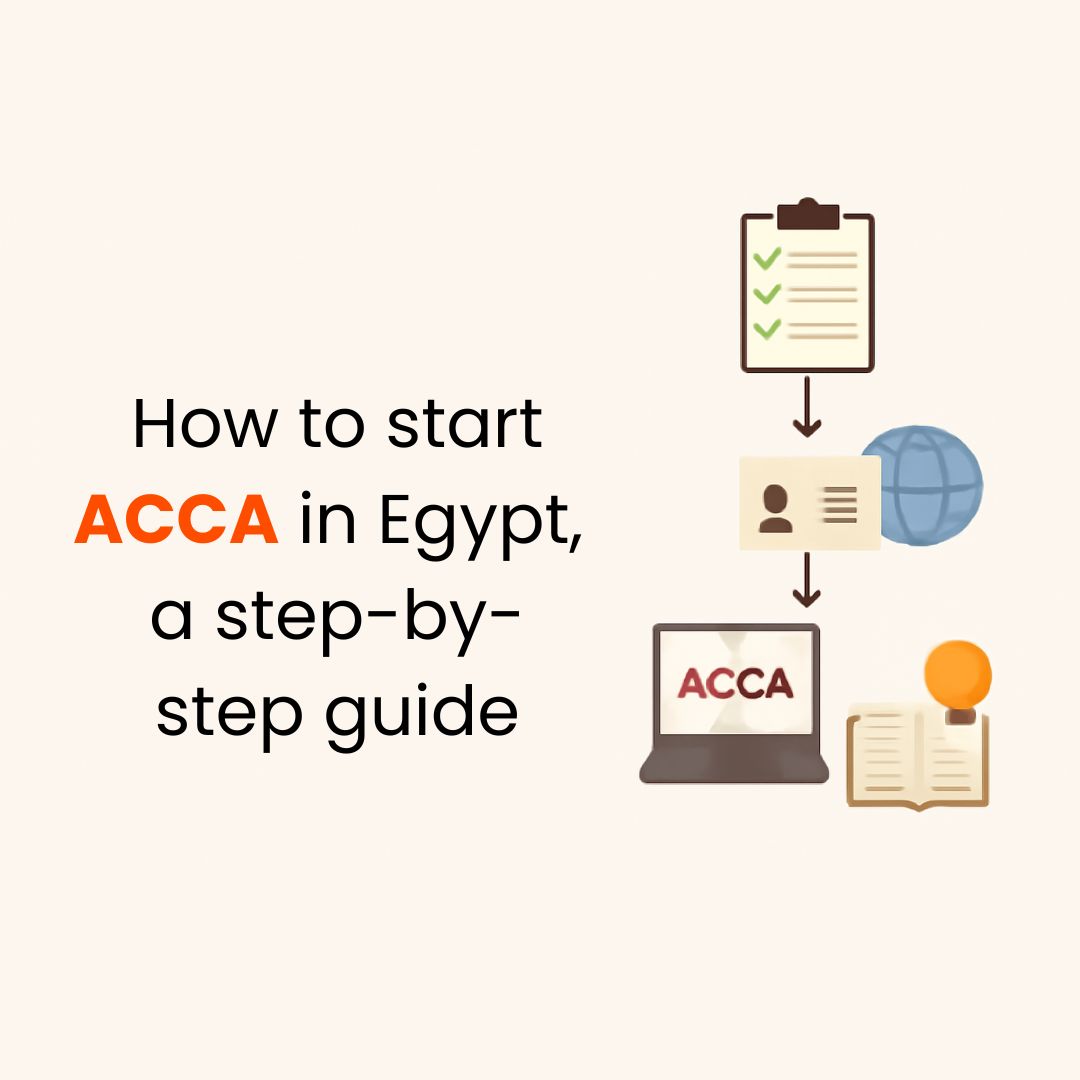If you are pursuing the ACCA qualification, then you should know that continual professional development is your pathway to lifelong learning. And, here is the good news for aspiring and current professionals in Egypt: you can now access the ACCA CPD in Egypt without spending a single pound. It will help you move forward in this competitive world where staying updated is not just an option, it’s a choice. This article will highlight the importance of ACCA free CPD, the benefits it offers, and how students in Egypt can access free opportunities to sharpen their professional skills.
Why CPD Matters for Accounting Professionals
For those in the accounting field, especially ACCA members and students, CPD is not just a requirement, it is a complete roadmap for career success all over the world. CPD ensures that your knowledge, skills, and professional behavior stay relevant in a fast-moving world. The ACCA in Egypt mandates CPD to uphold global standards and guarantee that members meet the expectations of employers and clients. CPD supports professional development no matter what stage of your career you are at.
Key Reasons CPD is Crucial
Here are some explanations for the significance of free ACCA CPD in Egypt
✅ It keeps you informed of global norms and new developments.
✅Keeps you updated with international standards and emerging trends.
✅Improves your performance in the current role.
✅Opens up new career opportunities by expanding your current skill set.
✅Strengthens your credibility as a qualified professional
Advantages of CPD for ACCA Members and Students
.More than just ACCA compliance is offered by CPD training. It brings a wealth of personal and professional advantages that boost your career trajectory in so many ways.
Higher Employability
Employers in Egypt and globally value ACCA professionals who actively improve their knowledge. With CPD you can improve, you can improve your skill set to such an extent that it is enough to stand out in interviews and promotions.
Professional Development
CPD ensures you maintain the professional competence expected of a globally recognized accountant.
Enhanced Skills
From soft skills to technical knowledge. ACCA CPD offers a variety of topics to make your skillset shine and be more updated with time. It allows you to get emerging skills knowledge and enhance your knowledge in a more accurate and efficient way.
Decision Making and Confidence
Regular learning boosts your ability to make sound, data-driven decisions in complex business environments.
Free options for CPD
For those in Egypt, access to a free CPD Egypt means zero-cost skill development. A huge advantage for students, freelancers, and new professionals.
How to access ACCA free CPD in Egypt
Thanks to the digital platforms and local ACCA support, CPD Egypt options are more accessible than ever. Students can benefit from free or low-cost CPD opportunities. Here is how
- ACCA’s online CPD platform
- Through your ACCA membership, you can now gain success
- ACCA’s official online CPD platform
Through your ACCA membership, you can gain access to an extensive online CPD portal. It includes
- Articles and webinars
- Podcasts and technical updates
- Online quizzes and knowledge checks.
Visit the ACCA’s global website, log in to your member account, and explore the ACCA in Egypt online learning section. Many of these are free resources.
Partners With Local Institutes and Local Providers
Some academic institutes in Egypt partner with training providers and universities to offer CPD workshops. Keep an eye out for
Free Webinars from ACCA Tutors
- Seminars on regulatory updates and new accounting standards
- Guest lectures and industry roundtables
- They are often promoted through local chapter newsletters and social media pages.
Free Courses on Platforms like edX and Future Learning
Some ACCA-aligned accounting courses are available at no cost on global learning platforms. You can look for topics like
- Financial reporting
- Ethics in accounting
- Business strategy
- Risk management
Employer-led CPD Training
If you are already working in an accounting or finance role, your employer might offer CPD training in-house or reimburse you for attending external courses. It is the best way to enhance your knowledge in minimum time by fully utilizing it.

today!
What Counts as CPD for ACCA?
ACCA CPD is flexible, you can tailor it to your goals. Whether it’s a one-hour podcast, a 2-week online course, or a workshop. It can count as long as it helps you in your professional growth.
CPD can include:
- Technical updates in IFRS, auditing, or tax laws
- Soft skills training in leadership, negotiation, or time management
- Industry insights through events, conferences, and networking
- Self-reflection and planning for your professional growth
You must complete 40 CPD units annually, with at least 21 verifiable units and 19 non-verifiable units.
How ACCA in Egypt Supports Helping You Succeed
- Approved learning tutors and coaching centers
- Networking opportunities
- Access to ACCA Courses is made available for the Middle East and North Africa region.
- Guidance on fulfilling your CPD and membership obligations.
Reach out to your local ACCA representative or check the site for regular updates on free CPD offerings.
Conclusion
ACCA-free CDP in Egypt is an incredible chance for accounting students and professionals to develop vital skills at zero cost. With digital resources, employer programs, and regional events, CDP Egypt offers abundant and available opportunities. As the financial sector continues to shift, CPD ensures you stay sharp, agile, and relevant. So don’t wait, take advantage of free ACCA CPD in Egypt resources and unlock your full potential today.
Frequently Asked Questions
Is ACCA CPD free in Egypt?
Yes, many ACCA CDP resources are available free of cost through the official ACCA online learning portal, partner institutions, and employer programs.
Where in Egypt can I find courses that have been certified by the ACCA CPD?
Yes, you must keep records of your CPD activities and submit them if requested during compliance checks.
Are there specific CPD courses for the Egyptian accounting environment?
Yes. Some ACCA courses are tailored to MENA or Egypt-specific regulations, making them highly relevant for local professionals.










